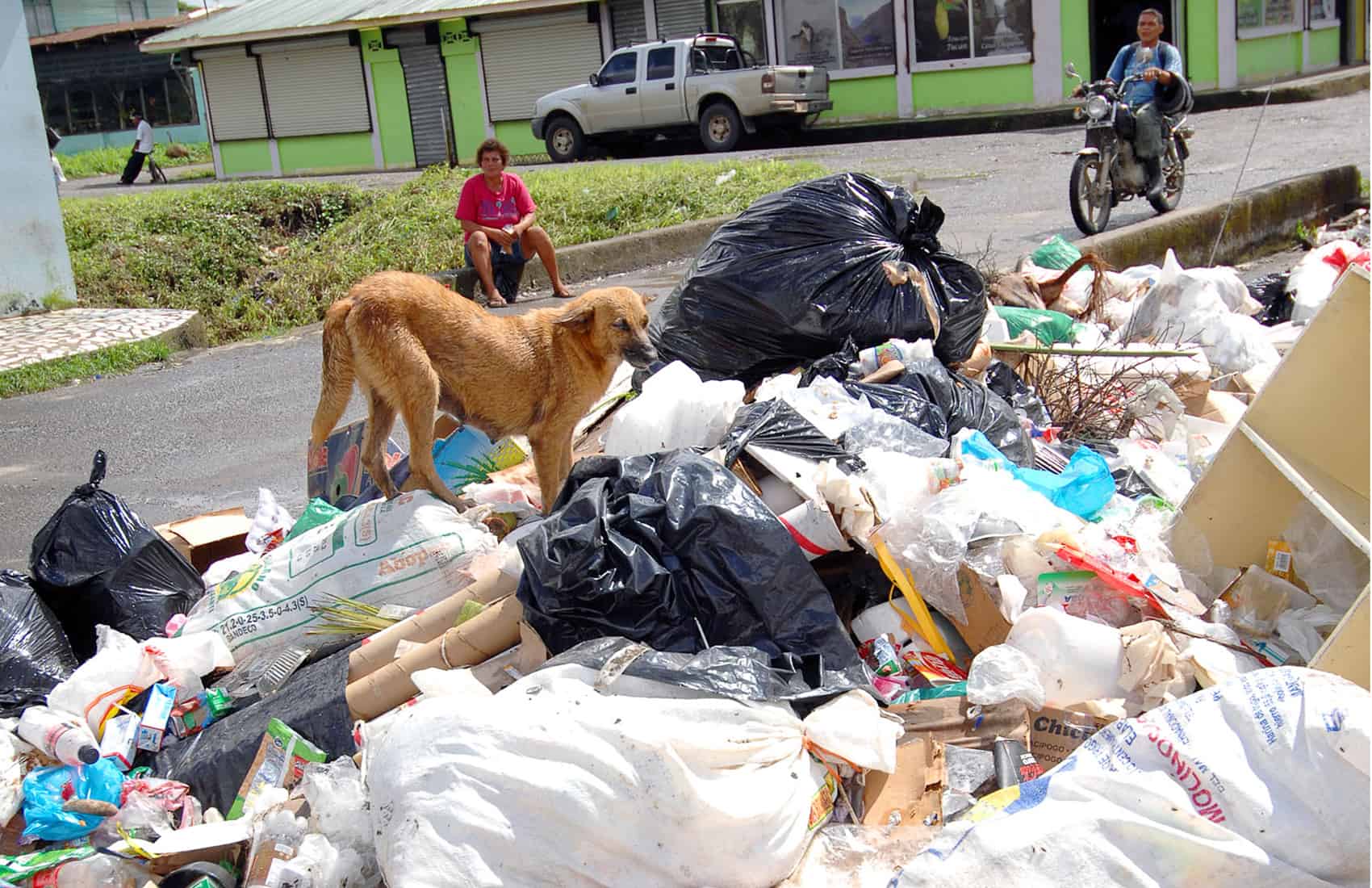The National Association of Municipalities (ANAI) on Wednesday will present a complaint to an administrative court challenging a moratorium on the use of trash to generate electricity. The temporary ban was decreed by the Environment Ministry last June.
A group of mayors and lawmakers from several political parties on Tuesday evening held a press conference at the Legislative Assembly, where ANAI Vice President Gilberto Monge cited the use of the technology in several countries, mostly in Europe.
He also noted that the country’s Solid Waste Management Law already regulates thermal processing of waste in Costa Rica.
The municipalities’ plan, which aims to allow local governments to generate electricity through waste gasification, was halted by the environment and health ministries, which cited technical and scientific questions about the procedure and its potential impact on the environment.
Recommended: Facing closures of makeshift garbage dumps, Costa Rican municipalities scramble to manage trash
In July, Environment Minister Édgar Gutiérrez told La Nación the studies that had been submitted regarding the decomposition of solid waste “were not serious and did not reflect the degree of contamination the procedure could generate.”
Monge claimed the municipalities’ plan has information that contradicts arguments in the moratorium. “But we never received a response [from the ministries], and we decided to take legal action,” he said at Tuesday’s press conference.
“We believe the decree [for a moratorium] has legal and constitutionality flaws, because it limits the freedom of trade and contradicts Law #7200, which allows the Costa Rican Electricity Institute to purchase electricity,” Monge said.
“We have studies showing this process of electricity generation is not harmful to the environment, and we know that garbage dumps and electricity generation using fuel currently produce more pollution in comparison,” Monge said.
Several lawmakers including Otto Guevara from the Libertarian Movement Party, Johnny Leiva and Juan Marín from the National Liberation Party, and William Alvarado from the Social Christian Unity Party, support the mayors’ initiative and have joined them in asking the administration to cancel the decree.






